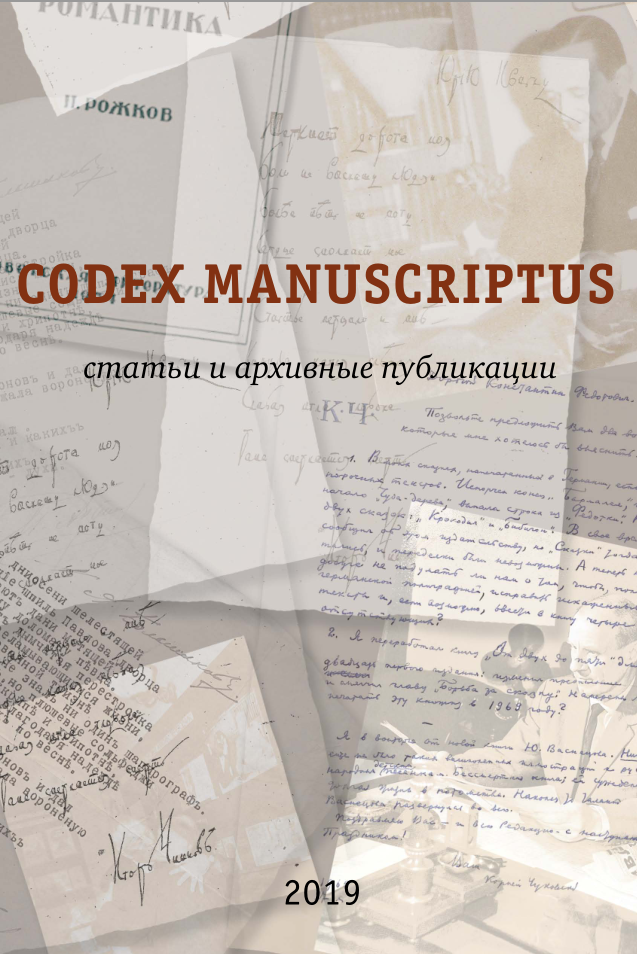Abstract:
Classic ghost story is a product of a particular era (the late 1800s) when all kinds of occult practices became fashionable, presumably true ghost stories were widely published, and within the scholarly world anthropology and ethnography were rapidly developing. So the reader was immersed into the atmosphere of exotic beliefs and curious ideas. In the genre described in this article the fantastic is seen as something alien, as a breach in the boundary separating the familiar from the unknown. Thus it is closely associated with fear as something strange and potentially dangerous. But the fantastic occasion is actually not as important as the subjective reaction, fear or surprise, shared between the characters and the reader. The protagonist is often highly rational, a scholar or a military man, totally unready to meet the uncanny, and the story is supplied with a narrative frame making the reality of the events described highly problematic. The autoreflectivity of the genre also allows for playfulness, humour and irony.






